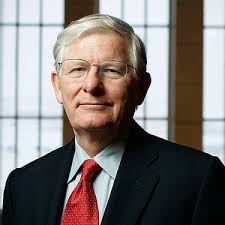Today’s post comes from James A. Thurber, whose latest publication Rivals for Power examines the ongoing power struggle between the president and Congress.
President Obama has fought the influence of lobbyists since the inception of his political career, beginning as the ethics and lobbying reform leader in the Senate in 2006-07 and continuing through his candidacy and eventual presidency. The combination of rising campaign spending and lobbying expenditures, public malevolence toward lobbying, and a general resentment toward Congress have created the perfect political environment for reform.
The president has only fueled these feelings by publicly and repeatedly calling for transparency in the lobbying industry. Chapter 7 from my most recent publication, Rivals for Power: Presidential-Congressional Relations, analyzes whether the president has been successful in his attempts to change the way both Congress and Washington work.
The president has found it difficult however to tame lobbying because of its
size, adaptability, and integral part it plays in America’s pluralist democracy.
Although the number of registered lobbyists has decreased since January 2009, it is
estimated the number of people in DC who are either lobbyists or associated with
the advocacy industry is more than 100,000. And although President Obama has
decried lobbyists for hindering or stopping his policy agenda, undermining
democracy and the public interest, he has publicly praised his stakeholders from
organizations such as the AARP, pharmaceutical industry, and the health insurance
industry in passing his health care reform legislation.
The only difference between lobbyists and these non-registered stakeholders
lies in President Obama’s rhetoric; both cite the first amendment as the cornerstone
of their industry. Throughout my publication, I use examples from President Obama’s
presidency and political career as a whole to draw my final conclusion: that he has
tried to reform lobbying and Congress as a senator, candidate and president, but he
has failed to meet the high expectations of the American public to change the role of
lobbyists and specialized interests in congressional policy making.
